The outpouring of thoughts and opinions concerning Marco Pantani on the 10th anniversary of his death has been interesting.
In general, it feels like a rehash of the same old story — Pantani, artist-climber, tragic figure, lost soul, an egomaniac fronting a confused and depressed little boy. He is portrayed as a talented performer whose life spun out of control, doomed by an excess of fame and drugs.
When interviewed, Matt Rendell, the author of The Death Of Marco Pantani, didn’t have much good to say about the latest eulogies. What struck us in that interview was hearing how Rendell spend major amounts of research time in Italy to understand why Pantani was such a cultural phenomena.
It was a reminder to us that Europe loves its heroes to have flaws while we in the United States prefer a Calvinistic perfection which leaves little room for shades of gray. (That’s not to say the US media doesn’t love playing up hard times on the road to a gold medal or championship victory.)
Marco Pantani and Lance Armstrong both came up the pro ranks with the same drugs but their personalities were very different. Armstrong was an idealized American hero with a Hollywood name. Pantani was mercurial, unpredictable, a wild card, a psychological mess.
It probably comes back to world views. Americans have an obsession with optimism; we insist that everyone act happy and read self-improvement books. The expectation, the national demand, is that we get better and better and we can’t be satisfied with second best. What other country gobbles more anti-depressants in an effort to keep the smile on the face?
It’s an exhausting and often unrealistic attitude and one of the reasons that Europeans always think of Americans as clueless children. We’re just so damned buoyant and filled with such belief in our naive, impossible dreams.
That optimism is our great strength and our flaw. We’re an irritating bunch with our overbearing “anything is possible” philosophy. Europeans often get a kick out of us, find us amusing and like to visit — but most don’t want to live like us. The French always say that Americans “live to work while the French work to live.” It’s a useful distinction.
The old country take a more pessimistic view of life. A few thousand years of wars raging across European borders will take the smile off your face eventually. Europeans have mastered the word bittersweet. Pantani fit right in the mold — light and dark, dreamer and cynic, icon and fuck-up, a deeply flawed character.
Now we certainly know that Armstrong had some serious, near-psychotic flaws but most people only guessed at that until the USADA report. The story for Armstrong was all positive all the time — cancer survivor, philanthropist, champion of champions. His myth was about perfection, handwork, leadership and sacrifice.
Armstrong was inspiring but from a distance, a hero almost too perfect for people to connect with on an approachable, just-like-one-of-us, human level. On the other hand, Pantani was an open wound — his suffering was understood by all the tifois in Italy. It was the suffering of those with limited prospects, bad jobs, broken marriages, drug and alcohol problems, a shit life.
Pantani was raw and his suffering — both on and off the bike — came to represent the collective pain in Italy. His close connection with fans was perhaps a recognition on both sides that his triumphs would be as short lived as theirs. That only drew people closer to Pantani and tightened the bond.
We miss what Pantani brought to pro cycling but maybe what we miss the most is never hearing the story of how he survived it all.

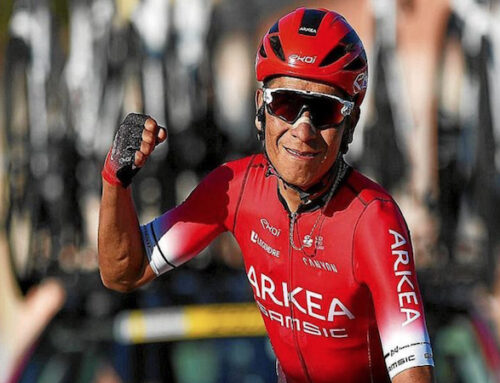
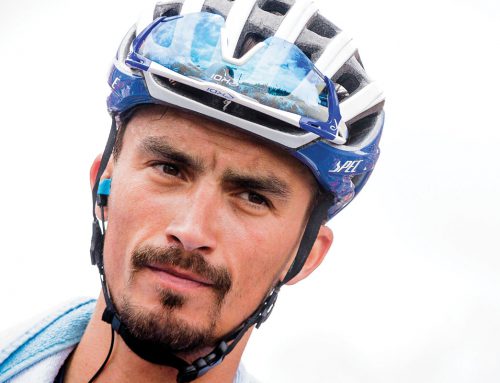
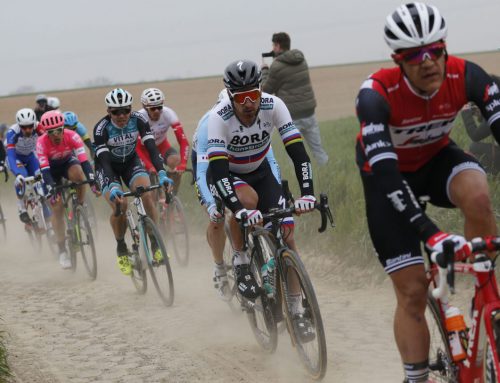
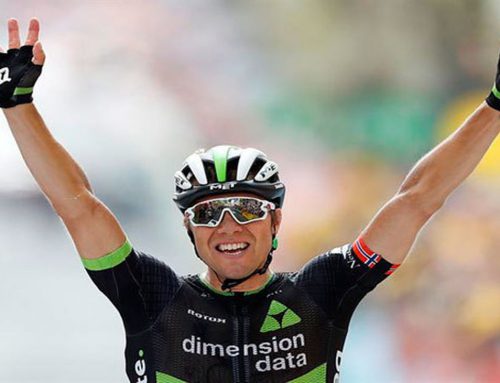
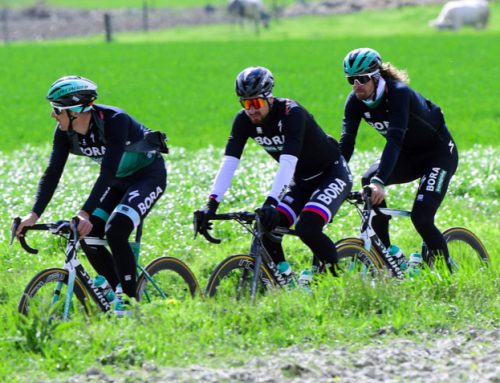
Nice piece.
People loves underdogs, and Pantani was the most emblematic of them; a lot of serious injuries, fifty kilos, slow in tt. He always needed to attack and he punctually did it, against everybody and everything. His fragility and his flaws made him even more loved by the people, who saw in him the “average man” became a champion: an hero in the wrong era.
Nicely summed up, Cap. His fragility and flaws were indeed the biggest draw — not just the aggressive attacks. Matt